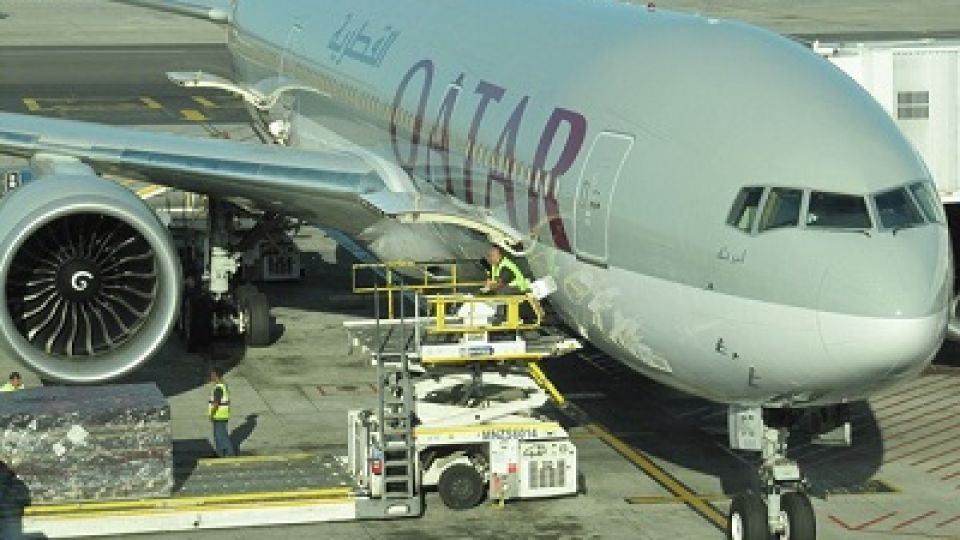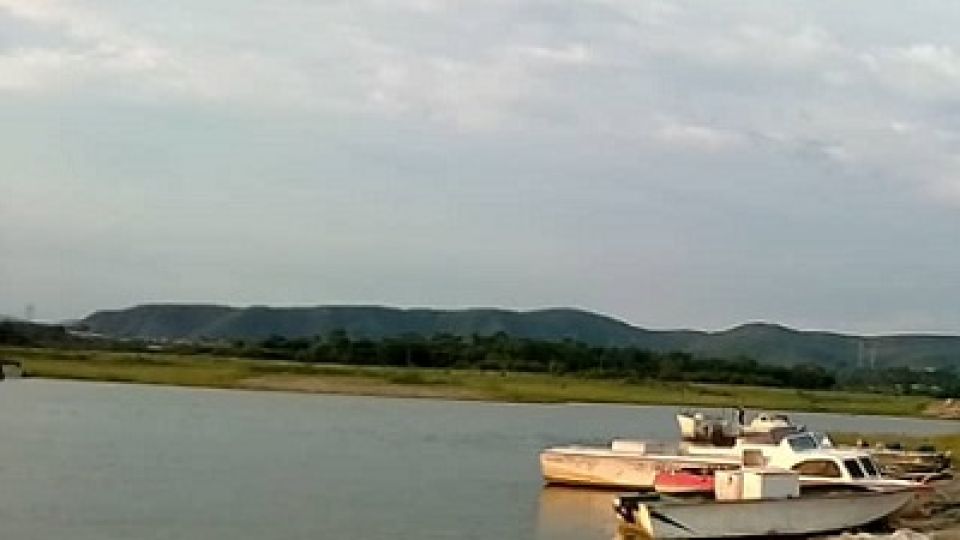from OBERT SIAMILANDU in Kariba, Zimbabwe
Zimbabwe Bureau
KARIBA, (CAJ News) – THE adage that the earliest bird catches the fattest worm manifests itself in the iconic Lake Kariba.
It is a hive of activity even before the sun rises and warms the lake.
Fishermen are already at work, braving the elements including the lowering temperatures as this region between Zambia and Zimbabwe edges towards winter.
Depending on the type of catch they want, fishermen set out in the middle of the night or early in the morning.
To catch fish with metal hooks suspended by nylon threads is what takes the longest. This thus sees them travelling deep into the lake.
To get a catch using nets, they don’t have to travel far.
A ride in their wooden or motorized dinghy-boats before sunrise will do.
However, there are also times when they go deep sea fishing in large boats stocked with food and water to help them survive ten days in the Kariba.
Once they are back in the morning, the boat is hauled to shore by the fishermen, who venture out in groups of four, sharing the brunt, cost, profits and losses alike.
There are days when they are blessed with plenty, but on other days they return empty-handed, with a loss of about US$40 that they spend on diesel to fuel the motors.
The catch is removed from the nets and sorted according to the type – breams, tigers, crabs, Red Snapper, Blue Fish, Butter Fish, Cat Fish, Mullet, Smelt, Salmon and more.
The fishermen need to invest in ten different types of nets depending on what they plan to catch. The most expensive net costs around $20. Each weighs between 5kg and 400kg.
Rows of small, traditional fishing boats fill the riverbanks at the harbors dotted around Kariba.
Everyday just after sunset, fishermen in their hundreds of fishing boats start their engines and go out to earn a living.
The noise from the engines is deafening but the residents are used to it.
(Silas) Gobe, one of the fishermen, said: “Someone from the inland region may find it very noisy and not accustomed to hearing engine sound. But this is what we have heard since childhood when our parents left on fishing trips. We feel a sense of belonging when we hear the sound of the fishing boats.”
According to Gobe, who has worked as a fisherman for more than ten years now, there are now about 100 families living in the fishing camps in Kariba.
All depend on fishing for a living. All the families have formed a close relationship, supporting each other, sharing common challenges and overcoming obstacles as a community.
Being a fisherman all his life, he said he has come to love masai-sai, (the local name for Kariba waves), strong winds and even the storms.
They are just like his close friends who have accompanied him throughout his childhood, and the ups and downs of adult life.
Usually, the fishermen start their work day and go to the lake after sunset. Sometimes, they will go earlier at around 5pm.
The duration of the trip will depend on their catch. If they manage a decent catch, they can be done within one night and be back to shore the next morning.
However, if they do not catch enough fish to cover their cost, which is quite often nowadays due climatic changes in Lake Kariba, then the fishermen will have to travel further out into the more dangerous open area in the lake in their small boats and the whole trip may take anywhere from two nights to even a week.
One only identified as Simba, another local fisherman, said bad weather prevents them from having a good catch as they cannot find any fish.
Tropical storms, sometimes lasting a week with high waves and intense winds, stop them from going far and they have to turn back to seek shelter, often without any catch.
If the fishermen do not catch any fish, they and their families will have to go hungry. This is the risk they have to take for depending on nature for their livelihood.
Simba added that sometimes, he has to pawn some of his valuables to tide over bad times. He is also forced to borrow from friends and families, but there is only so much they can help as they are also living in poverty.
Simba said during the west wind season, also known as the famine season, from November to March, fishermen could not fish due to the bad weather. But there are some desperate ones who will still go out to the Lake to try their luck arguing they were taking a huge risk and they might even die.
More-so, the total cost can run up to $70 per fishing trip and it is not likely during the west wind season that fishermen can catch enough fish to break even.
Sometimes, fishing boat owners chipped in some cash to help the impoverished fishermen.
These days, the lake is polluted and the fish stock has diminished. Simba said there is more floating garbage now including plastics rubbish and industrial waste from the nearby industrial sites.
The fishermen had complained to authorities but nothing had been done.
Due to the polluted water, on good days, the fishermen can only bring in 60 kilograms of catch whereas in the past, without so much pollution, they could catch up to one tonne of fish.
He says it is now difficult to make a decent living as a fisherman.
With a diminishing fish stock and rampant pollution, Simba argues fishermen see no future in fishing as a career.
He said almost all fishermen at Kariba’s Gache-Gache fishing camp hope their children will not follow their footsteps but instead study, find a good job and break out of the poverty cycle.
Once sorted, the fishermen’s wives sell the fish in the market locally and or transfer extra stock to markets in the capital Harare, Norton, Chinhoyi (Mashonaland West provincial capital) and other major cities around the country.
Fishermen also sell to vendors depending on the best price offered and the vendors in turn sell them at the market.
In the evenings during the full moon (seven days break set aside every month by the Zimbabwe Parks and Wildlife Management Authority (ZIMPARKS) to allow enough breeding), the fishermen are free to relax, watch TV, spend time with family and catch up on gossip over mending nets, have beer and prepare for the next day.
This is a profession filled with uncertainty.
A representative of a Kariba based fishing association, Tichaona Manzungu, said even though the fishing industry was the backbone of the economy of Kariba, many fishermen were not getting a good living out of it.
“We are concerned about the issues of fishermen who, even though contributing immensely to the local economy, are getting less from their efforts,” said Manzungu.
– CAJ News




